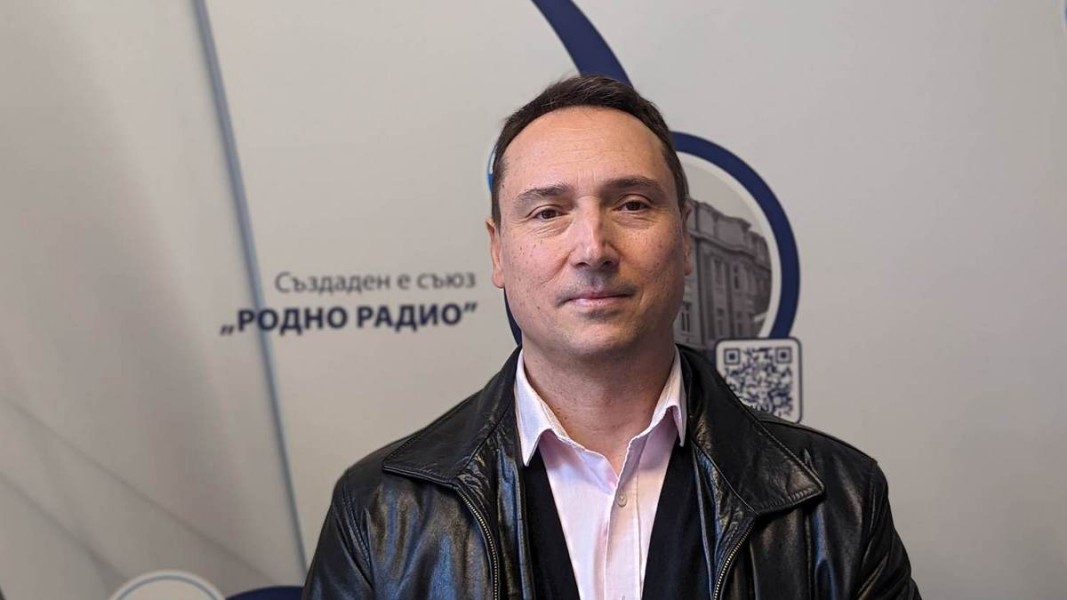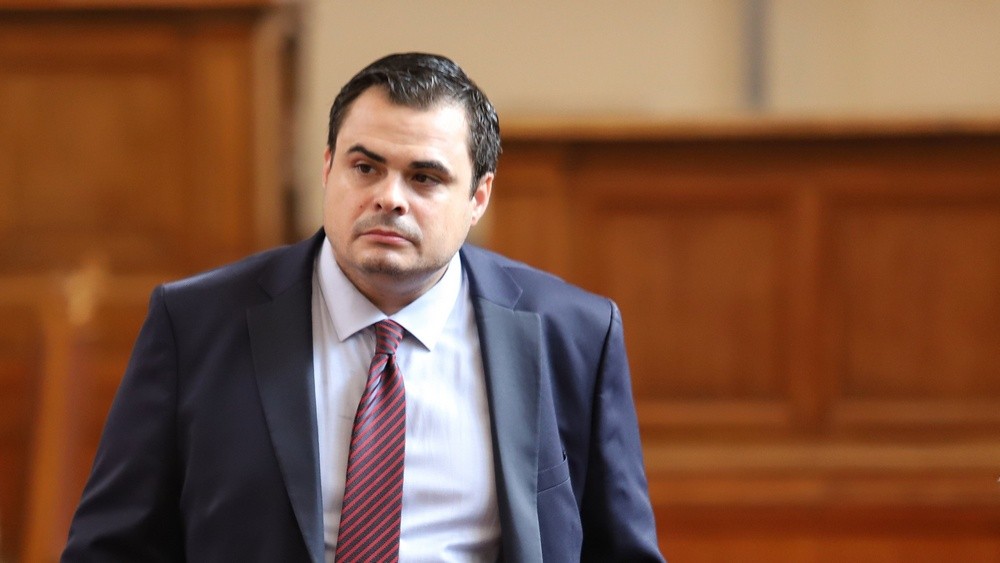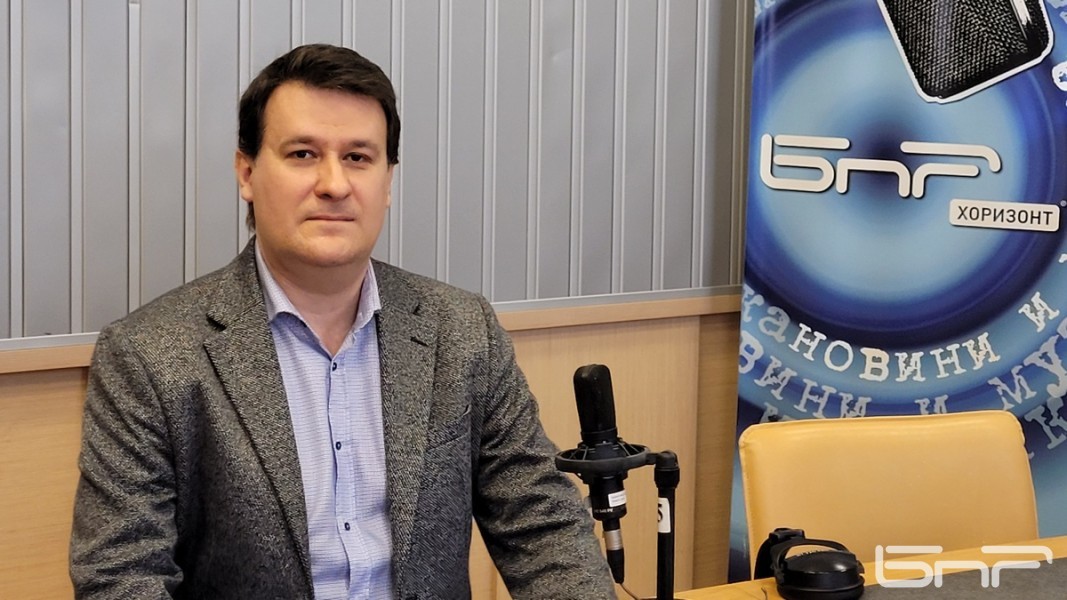The National Assembly approved the Denkov-Gabriel cabinet, dubbed “a marriage of convenience” between We Continue the Change/Democratic Bulgaria (PP/DB) and GERB/SDS, taking power out of the hands of the latest in the string of caretaker cabinets appointed by President Rumen Radev, and handing it back to a parliament-elected government, as stipulated by the constitution of the country.

“I expect the coalition created to be something the public in Bulgaria will be able to live with,” says Dobromir Zhivkov, sociologist and managing director of Market Links polling agency. “It is a tough compromise but is the only one that can guarantee the clear-cut path to a higher level of European integration and to the country’s geopolitical positioning as an ally within NATO. Now that we have a stable government, and once it begins work on the budget and kick-starts the institutions back into action, the public is going to accept it and will reach the conclusion it is an inevitable decision.”
However, Dobromir Zhivkov says he is unable to predict how long the new regular government will be able to survive.
“Even 9 months seem a difficult thing. It is a fragile construction and it will have to take punches from all sides, including from within,” Dobromir Zhivkov says and adds he hopes to see the normal functioning of our parliamentary republic restored.
“The country cannot function well with a caretaker cabinet. We saw the president refusing to comply with National Assembly decisions. This demonstrates, on the one hand, his ambitions, and on the other – an appetite to expand his power.”
President Rumen Radev obviously did not take kindly to the formation of a regular cabinet. The new government “must not betray the national interests the way leaders of the new coalition betrayed the trust of their voters”, he told reporters as he entered parliament building to attend the vote on the Denkov-Gabriel cabinet. And he walked out even before the new cabinet ministers took the oath and the Bulgarian national anthem and the anthem of Europe were played.
“The president will have to accept the current situation, however hard he may try to work against this political move undertaken by PP/DB and GERB,” Dobromir Zhivkov goes on to say.
The elephant remaining in the room is restoring a sense of justice in the eyes of the Bulgarian public, the sociologist says.

“It (the PP/DB-GERB cabinet – editorial note) was made possible by two people – the president and the prosecutor general,” GERB MP Petar Nikolov on his part comments. “With their actions they forced the political opponents to sit down and smooth out their differences, make compromises, so that there is now a government.”

“The bitter debates and the behaviour of the president showed that the new government is not going to get a single day of tolerance and there will be fierce opposition. The war in Ukraine has changed the security environment and domestic policy drastically, and that includes the structures of the backroom dealings in politics, organized crime and the corruption mechanisms,” says political analyst Assoc. Prof. Milen Lyubenov, and adds the government will have to face multiple internal challenges, and the many unknowns make it difficult to make any predictions regarding its future work.
“At some point we may find ourselves in a situation of internal tensions between GERB/SDS and PP/DB with regard to the processes taking place inside the prosecutor’s office. Whether there will be an attempt by the current Supreme Judicial Council to initiate a procedure for the election of a new prosecutor general will be crucial. If that happens, it may shatter the government.”
Rumen Radev’s conduct is going to cement the coalition, and have a mobilizing effect, Milen Lyubenov says, and adds that the president has long-term political ambitions. The behaviour of the Movement for Rights and Freedoms is something to be expected: “They will try to play the role of the factor that will guarantee a constitutional majority.”
Assoc. Prof. Lyubenov says further he does not expect any successes that will stabilize the government within the space of 3-4 months.

“GERB has so far used all kinds of parties as crutches in comparatively stable governments, it now seems that, for the first time, Borissov’s party is itself playing the role of a crutch, which is inevitably traumatic to its electorate, and at a party level,” says Georgi Elenkov, lawyer and mediator from the Institute for Mediation and Conflict Management. “Reality will show whether PP/DB made a mistake in collaborating with GERB, and whether GERB made a mistake in collaborating with PP/DB.”
According to Georgi Elenkov, the Bulgarian prosecutor’s office has so far played the role of a faithful guard dog of the major corruption schemes. “Now, it has done an about-turn, turning against some of its masters, and is now submitting a flurry of requests for stripping MPs of their immunity, and bringing charges against political figures – more in just a few days than it has in past years. This led to all of the concessions made by GERB,” he says.
“We are in a situation of unprecedented political crisis and severe social polarization – if you are not with me you are against me, you are deluded or you have been paid. Such extreme political solipsism rules out any option of a creative dialogue, so that, from the point of view of mediation, achieving such a formula for a regular government is an accomplishment indeed,” says Georgi Elenkov.
In his words, We Continue the Change’s electorate has been shrinking. “Part of PP/DB’s voters do not approve, do not accept the collaboration with GERB for the sake of the Bulgarian national interest. Other voters are radically-minded and prefer not to help the opponent up when he is down, to them GERB are politically radioactive,” says Georgi Elenkov.
Interviews by Horizont channel, Radio Sofia, BNR
Compiled, translated from the Bulgarian and posted by Milena Daynova
Photos: courtesy of Georgi Elenkov, Ani Petrova, Savina Spassova, BGNES
Bulgarians go to the polls today to elect 240 members of the 51st National Assembly. Nineteen parties and nine coalitions are registered to take part in the elections. A total of 4 858 candidates - 3 480 men and 1 378 women - are vying for a seat in..
Today, 26 October, has been declared a day of election silence in Bulgaria ahead of the snap elections for the 51st National Assembly. On this day, voters can reflect and decide how to vote. Since April 2021, this is the seventh early parliamentary..
The seventh election campaign in the political marathon of the past three years is drawing to a close. Have we heard any ideas for a way out of this crisis? Have the no longer surprising news of vote-buying attempts, which once again failed to reveal the..

+359 2 9336 661
